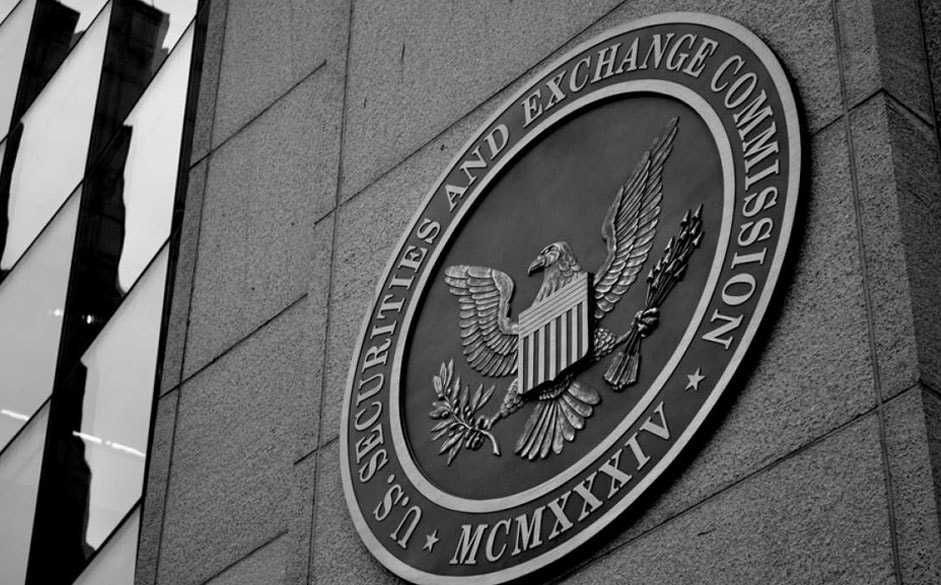
SEC Ordered to Pay $1.8 Million in Legal Fees After Misconduct in Debt Box Case
A recent judicial ruling has significantly impacted the U.S. Securities and Exchange Commission (SEC), ordering the regulatory body to pay approximately $1.8 million in legal fees following a dismissed lawsuit against the cryptocurrency firm Digital Licensing Inc., also known as Debt Box. This decision underscores the judiciary’s stance on regulatory overreach and misrepresentation in legal proceedings.
The lawsuit, initiated by the SEC in July 2023, accused Debt Box of engaging in a fraudulent scheme, alleging that the firm defrauded investors of nearly $50 million through the sale of unregistered securities. The SEC’s case included obtaining an ex parte temporary restraining order (TRO) to freeze Debt Box’s assets, which was later found to be based on misrepresentations.
On May 28, 2024, Chief District Judge Robert J. Shelby of the U.S. District Court for the District of Utah ruled in favor of Debt Box, highlighting the SEC’s “bad faith conduct” in obtaining the TRO. The court found that the SEC had made “false, mischaracterized, and misleading” statements during its filing, leading to the imposition of sanctions and the subsequent dismissal of the case without prejudice. This means that while the current case is closed, the SEC could potentially refile charges in the future.
The financial penalties imposed on the SEC included $1 million for attorney fees and $750,000 for receiver fees, reflecting the significant legal costs incurred by Debt Box. Judge Shelby emphasized that these sanctions were necessary to address the SEC’s misconduct and to ensure fairness and transparency in regulatory practices.
Debt Box celebrated the ruling, declaring it a “monumental victory” for both the company and the broader cryptocurrency industry. The firm took to social media to express its satisfaction, stating, “This means the case is closed, and any future action by the SEC would have to go through Judge Shelby.” This sentiment was echoed by many in the crypto community, who view the decision as a critical check against regulatory overreach.
The SEC’s procedural missteps have drawn sharp criticism not only from the judiciary but also from industry observers. The regulator’s actions, characterized by misleading statements to secure a TRO, ultimately undermined its case and led to the resignation of two SEC attorneys who were involved in the proceedings. In an April filing, Judge Shelby described the SEC’s conduct as “marred by false statements and misrepresentations,” which played a crucial role in the case’s outcome.
The broader implications of this ruling are significant for the cryptocurrency industry. It serves as a reminder of the importance of integrity and accuracy in regulatory actions and highlights the potential consequences of overzealous enforcement. For the SEC, this case represents a stark warning about the necessity of maintaining high standards of conduct in legal proceedings.
In response to the ruling, the SEC acknowledged its shortcomings, with SEC enforcement chief Gurbir Grewal admitting that the agency “fell short” of its expectations to be accurate and candid in court. Despite this admission, the court’s decision to impose financial penalties reflects a broader demand for accountability and transparency from regulatory bodies.





